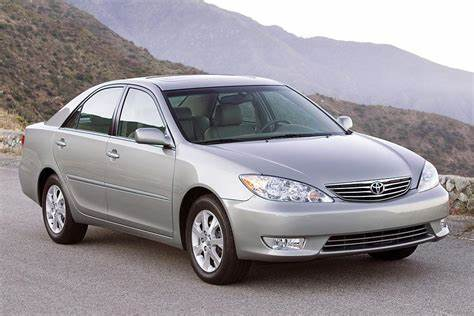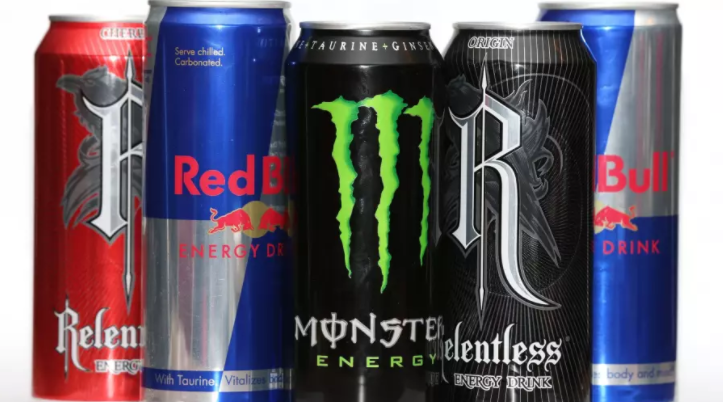Energy Drinks: The Monster Within
A sweet drink to give a boost of energy throughout another begrudging day of work awakens the mind and creates a sense of alertness. Now that it takes hold and reduces fatigue, there is no question that this day cannot be conquered. However, this burst of energy, a popular choice of beverage among adolescents, has negative effects that can dramatically change one’s life. Not as sweet as they seem, research reveals that energy drinks are linked to cardiovascular problems and obesity.
As it is an imperative prerequisite for vitality and success, being awake and invigorated is something everyone tries to obtain. A rough night can be easily forgotten with a quick sip of an energy drink. However, recently, these drinks so saturated by caffeine and sugar, have been proven to have detrimental effects on the cardiovascular system. John Higgins, member of the American College of Sports Medicine and a sports cardiologist at McGovern Medical School at The University of Texas Health Science Center in Houston, conducted a study to determine the effects energy drinks have on the body. The article, “Energy Drinks: Health Risks Behind the Boost” recalls his results in writing, “A majority of volunteers who participated in Higgins’ study experienced arterial endothelial dysfunction, a condition in which the arteries are unable to open properly for blood to flow, after consuming an energy drink.” When performing physical exercise, the heart requires an increase of blood flow. If blood cannot properly flow, an individual’s health is put at great risk. Lack of blood flow in the body can cause weakness and pain during physical activity. Endothelial dysfunction is also a prerequisite to atherosclerosis, where plaque builds up inside the arteries. If energy drinks are provided to improve performance, it is counterintuitive that they should cause cardiovascular troubles. However, these beverages are marketed to increase focus and concentration rather than necessarily enhance the function of the heart. Health Link BC’s article, “Energy and Sports Drinks” adds to this further in explaining how energy drinks, especially the caffeine within them, can cause serious health issues by stating, “It can cause problems in children and teenagers including: higher blood pressure [and] sleep problems. Energy drinks may make existing problems worse in children and teenagers. For example, energy drinks can make high blood pressure and abnormal heartbeats more likely in those with heart problems [and] can increase blood sugar in those with diabetes.” Overall, it is clear that the substantial amounts of caffeine and sugar in these beverages are not particularly safe for adolescents with or without previous health issues. Keeping good health is crucial when it comes to living a lasting and prosperous life. With this in mind, the advantages and disadvantages of what is taken into the body should be of utmost importance.
However, cardiovascular issues are not all that energy drinks are guilty of causing. Excessive and unhealthy weight gain has plagued the United States with over 30% of adults and roughly 20% of children being obese. Though there are many factors contributing to this epidemic, one specific factor is energy drinks. The National Center for Complementary and Integrative Health relates to this when revealing, “A single 16-oz. container of an energy drink may contain 54 to 62 grams of added sugar; this exceeds the maximum amount of added sugars recommended for an entire day.” This abundance of sugar can be ruinous to any individual who is not careful of their diet. A well-balanced diet should have no need of such large amounts of sugar; therefore, the tie these drinks have to obesity is outlined clearly. With a massive amount of added sugar, there is no doubt that energy drinks can lead to unhealthy and irregular weight gain. Matt Atherton, author of the article, “Obesity Warning: Energy Drinks ‘Have More Than an Entire Day’s Sugar Recommendation’” further comments on the amount of sugar in energy drinks when he recalls a study performed to reveal how it plays into health in writing, “This study illustrates the huge contribution of energy drinks to sugar intake, which is linked to the development of obesity…” When it comes to health, energy drinks are clearly illustrated to not be an essential part of one’s diet. Large amounts of sugar and the link they have to obesity clearly demonstrates the potential danger of energy drinks. Perhaps not drinking such a large amount would be less deleterious than drinking what is recommended as a full serving.
It is evident that energy drinks have the potential to be greatly catastrophic. All things should be considered when consuming such a beverage. Their liability to cause heart issues and evident connection to obesity are small details in the grand picture that energy drinks are not the safest option for adolescents to be drinking. In the end, though the effects of energy drinks are problematic, it is one’s own choice when it comes to the responsibility of diet.



























